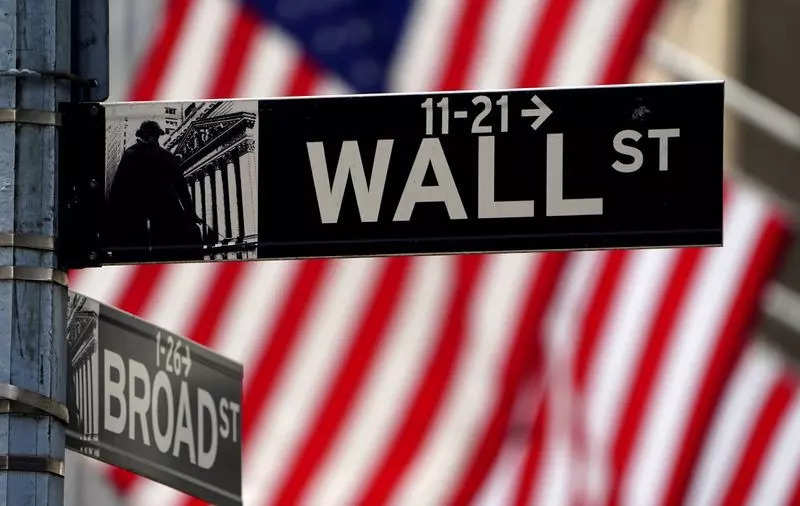Wall Street regulator to start over on 'swing pricing' rules for open-end funds
The SEC will redraft swing pricing rules for open-end funds, originally met with objections. The 2022 proposal aimed to address market stresses, like during the coronavirus pandemic. Requirements included a seven-day liquidity standard. Chair Gary Gensler consulted banking regulators. BlackRock, Vanguard, and Fidelity previously saw a similar rule scrapped for money market funds, as it jeopardized investments.
Wall Street's top plans to redraft a proposal for "" regulations on how so-called open-end should manage , which had faced industry objections, according to a regulatory agenda on Monday.The U.S. Securities and Exchange Commission in 2022 issued the proposal which it said would help such funds, in which investors can redeem their shares on a daily basis, better prepare for like those at the start of the .
According to a regulatory agenda released Monday, rather than moving ahead with a vote to finalize the rule proposal, staff now expect to recommend that the agency's five-member commission issue a new one.
The , which objected to the proposal, welcomed the move, saying in a statement that the proposal was unworkable and would have jeopardized millions of Americans' investments.
The SEC proposal would have set new standards for analyzing how readily fund investments can be sold for cash and limited how much a fund could invest in securities that take more than seven days to settle after a trade.
The proposal would also have required to apply "swing pricing" to shift the costs of hasty redemptions to investors who sell rather than hitting those who remain.
Last year, the SEC scrapped plans to require similar swing pricing in money market funds, marking an important victory for such as BlackRock, Vanguard and Fidelity.
An agency spokesperson did not directly respond to detailed questions on Monday but referred a reporter to a speech SEC Chair Gary Gensler had made in May.
Gensler said at the time he had asked SEC staff to consult with banking regulators on how best to mitigate "gaps" between the regulations governing open-end funds and those for so-called collective investment funds. He said the latter held an estimated $7 trillion but lacked SEC oversight and certain key investor protections.
Source: Stocks-Markets-Economic Times
